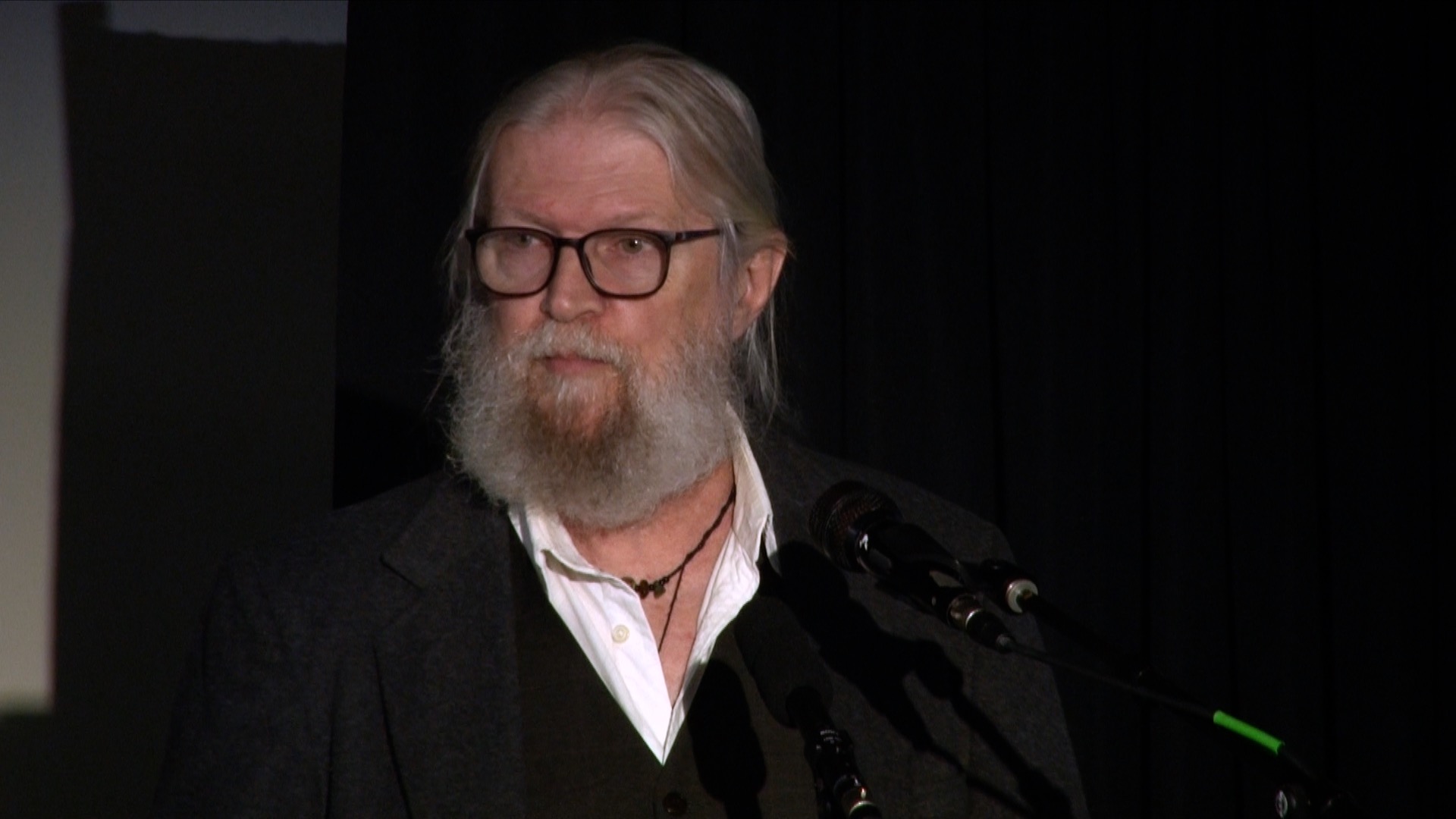Introduction
On Wednesday, Sept. 17, Associate Professor of History Alvis Dunn organized the “Constitution Day Lecture”, with the help of Video Production Manager Kent Thompson, at UNC Asheville.
As this happened during Constitution Day, since the historical document was signed on Sept. 17 1787, this was the ideal opportunity to share some history about this significant piece of paper that shaped the American federal republic.
Why the Constitution matters
“The constitution is what represents our past, present and future” said Dunn. It was relevant in the past because it was the foundation of the new American democracy, or at least republic, in the late 18th century. It is relevant today, because it enforces the rights and duties that each American citizen is required to follow, regardless of any distinction. It also sets the powers, abilities and limits of the U.S. government and presidency.
Although the Constitution is in theory an account that must be defended from any violations at all costs, the key values seem to be at stake. And the Constitution will be relevant to the future as well, no matter what will happen. As of 2025, the Constitution has 27 amendments, with five being the most important ones due to the fundamental rights that positively affect its citizens. Including freedom of speech, religion and enterprise as inscribed in the First Amendment.
As Dunn described the United States and its existence: “America is not just a place, but an idea”. Indeed, it is a country like no other on this planet. It is a nation that pioneers in modern republican establishments inspired by principles of the Enlightenment and the concept of freedom. The U.S. Constitution is as valuable to American history as are the “Declaration of Independence”, the “Emancipation Proclamation” and the “Federalist Papers”. The latter actually encouraged the people, especially from the state of New York, to trust the Constitution amid debate over state rights and concentration of power during the 1780s.

How the Constitution defines the United States
Speaking of history, Dunn recalled during the lecture that the Constitution was in fact partly inspired by democratic values derived from Ancient Greece and Rome, as well as principles made by Enlightenment philosophers. Not to mention other significant works that could have inspired the Constitution in some ways, such as “the Epic of Gilgamesh” from Mesopotamia (modern-day Iraq), New Spain’s “Historia de los Indios de la Nueva España” (modern-day Mexico), and “the Great Moral of Peace” from the Haudenosaunee clan (Iroquois in modern-day Upstate New York) – of which ancient Native American values definitely impacted American democracy.
The audience learned something from the history of “Constitution Day”. Dunn explained that the name and date of this observance changed over time. It is now officially called “Constitution Day and Citizenship Day” and it was not established as a federal observance until 1952 during the presidency of Harry S. Truman.
How the United States differs from other countries
“The so-called ‘United’ States was not united in its early years, and still is not so by geography, demographics, religion or race,” Dunn affirmed. “It is instead united by a set of ideas.” In fact, the Declaration of Independence clearly outlines that “life, liberty and pursuit of happiness” are some three key values that Americans share in common. Not to mention concepts like the American Dream and consumerism that would emerge much later in the 20th century.
As Dunn referred to historical contexts, he played the patriotic song “I Am an American (Shout Wherever You May Be)” written in 1940 by Paul Cunningham, Ira Schuster, and Leonard Whitcup. Although the United States did not join World War 2 until 1941, the song arrangement and melody are similar to war music. Not to mention the pride of being American, regardless of the place or the circumstances, especially during the war. In other words, this song and other propaganda pieces offered a sense of shared unity and liberty that Americans enjoyed unlike totalitarian and warmongery states like Nazi Germany, Fascist Italy, Stalinist Russia and Imperial Japan.
America is a country known for taking immigrants from all different corners of the world. Though this does not stop xenophobia, especially among the White Anglo-Saxon Protestant (WASP) majority.
People from all across the globe and all walks of life immigrated to the United States for better work opportunities or stable lives. One famous example was German Jewish scientist Albert Einstein who had to flee to America due to the rising anti-Semitic waves in his native country. He also believed that this country’s constitution and government did allow some forms of liberty not found in the rest of the world at the time.
Conclusion
To summarize, here is a quote that Dunn took from American filmmaker Ken Burns on his piece “Face The Nation”: “We are the only country that knows exactly when we are born. We are one country that is held together not by language, religion or even geography but by words”.
These words refer to those inscribed in historically significant documents, including the Constitution.



















